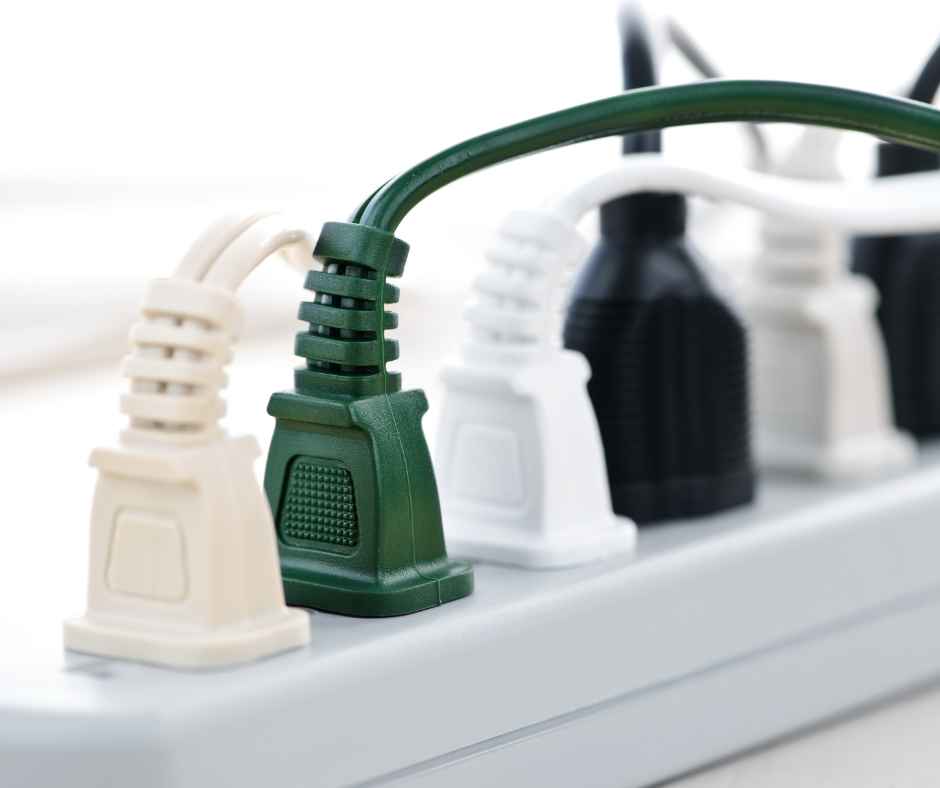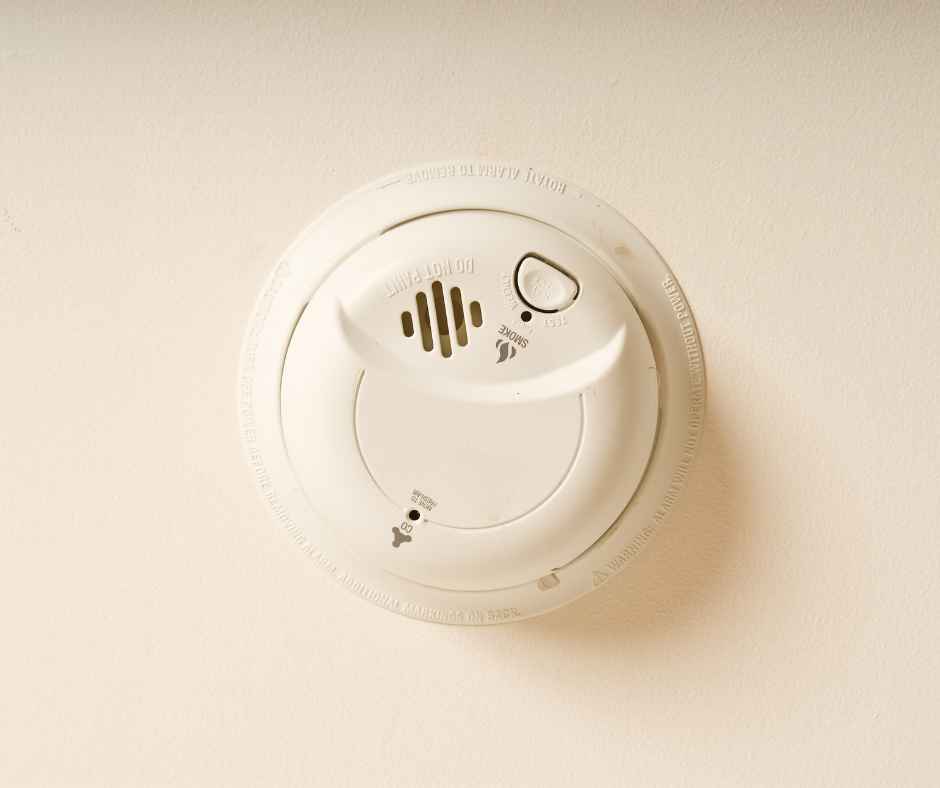
Why Does My Smoke Alarm Keep Beeping?
A smoke alarm is an essential safety device in every home, designed to alert you to potential fires and save lives. However, when your smoke alarm keeps beeping for no apparent reason, it can quickly become a source of frustration and concern. If you’ve ever asked yourself, why does my smoke alarm keep beeping?, this blog will help you uncover the possible reasons and provide solutions to silence that persistent chirping.
Common Reasons for a Beeping Smoke Alarm
Smoke alarms are built to communicate issues through specific beeping patterns. Understanding these signals is the first step to resolving the problem. Here are the most common reasons your smoke alarm might be beeping:
Low Battery
One of the most frequent causes of a beeping smoke alarm is a low battery. Most smoke alarms will emit a single chirp every 30 to 60 seconds to indicate that it’s time to replace the battery.
Dirty Sensors
Dust, debris, or insects inside the smoke alarm can interfere with its sensors, causing false alarms or continuous beeping. Cleaning the alarm can often resolve this issue.
Expired Smoke Alarm
Smoke alarms have a lifespan of about 8 to 10 years. If your alarm is older than this, it may start beeping to signal that it needs to be replaced.
Power Issues
For hardwired smoke alarms, interruptions in the power supply, such as a tripped circuit breaker or loose connections, can cause beeping.
Environmental Factors
Humidity, steam, or extreme temperatures can trigger your smoke alarm. This is especially common in areas like bathrooms or kitchens.
Test Button Stuck
If the test button on your smoke alarm is stuck or malfunctioning, it may cause the alarm to beep intermittently.
How to Fix a Beeping Smoke Alarm
Once you’ve identified the cause of the beeping, follow these steps to fix the issue:
1. Replace the Battery
If your smoke alarm is battery-operated or has a backup battery, replace it with a fresh one. Ensure you use the correct battery type and insert it properly.
2. Clean the Smoke Alarm
Gently vacuum or wipe the alarm with a soft cloth to remove any dust or debris. Avoid using harsh chemicals or water.
3. Check the Expiration Date
Inspect the back of the smoke alarm for the manufacturing date. If it’s over 10 years old, it’s time to replace the unit.
4. Inspect Hardwired Alarms
For hardwired smoke alarms, ensure the unit is securely connected to the power source. Reset the alarm by turning off the circuit breaker, waiting a few minutes, and turning it back on.
5. Relocate the Smoke Alarm
If environmental factors like steam or humidity are causing false alarms, consider moving the unit to a different location or installing a specialized smoke alarm designed for these conditions.
6. Test the Smoke Alarm
After addressing the issue, press the test button to ensure the alarm is functioning correctly. The beep should stop once the problem is resolved.
When to Call a Professional
If your smoke alarm keeps beeping despite troubleshooting, it’s time to contact a professional electrician. Persistent issues may indicate underlying problems with your home’s electrical system or the alarm itself.
Depend on TLC Electrical for Your Smoke Alarm Needs
From smoke alarm installation to troubleshooting and replacement, our team has the experience to keep your home protected. Contact TLC Electrical today for all your smoke alarm needs, and let us ensure your peace of mind. Your safety is our priority!
Recent News
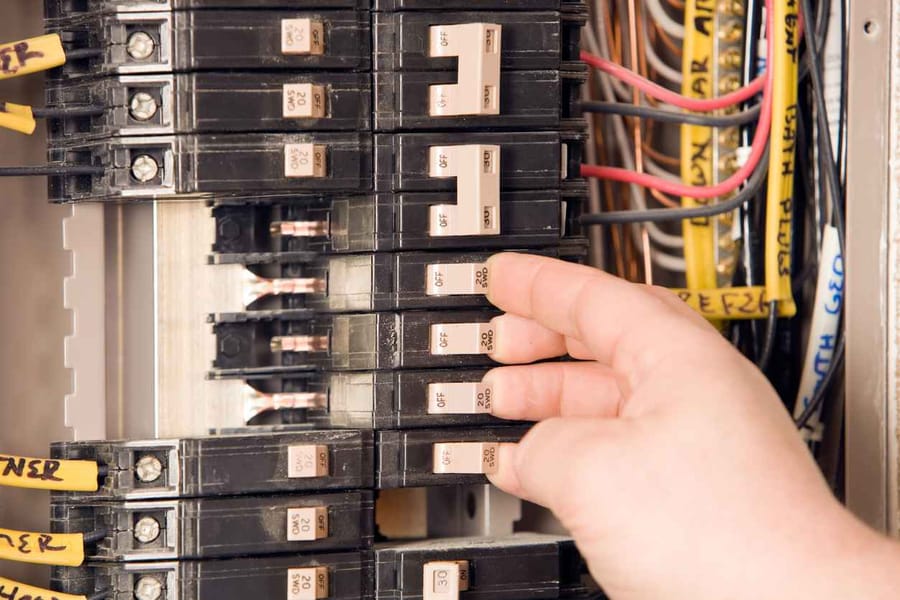
What to Know Before Upgrading Your Electrical Panel in Your DFW Home
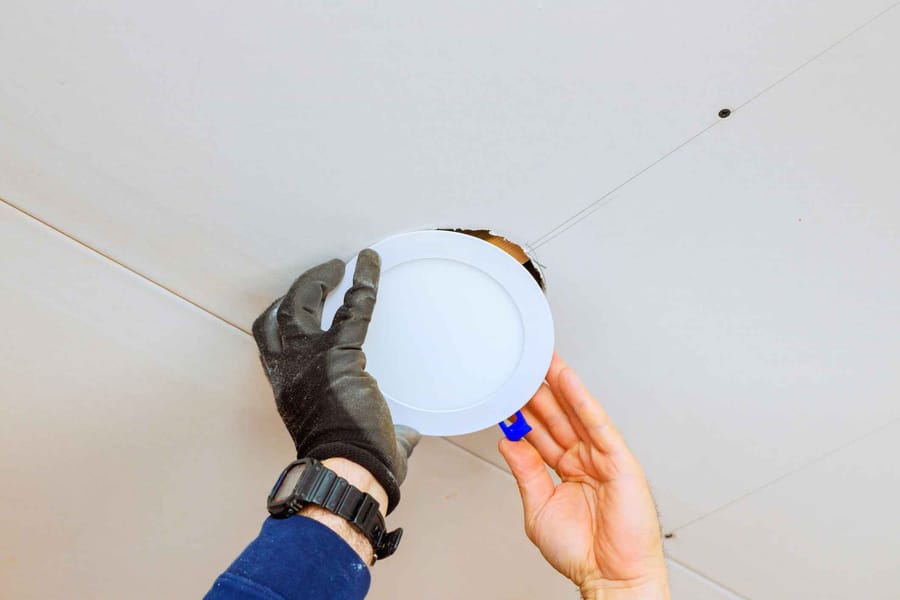
Benefits of Switching to LED Lighting

How to Choose the Right EV Charger for Your DFW Home in 2025
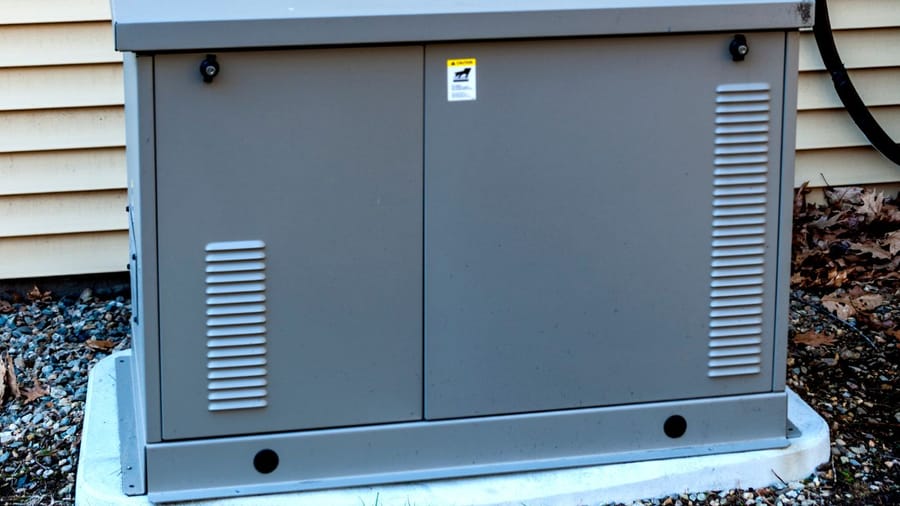
Choosing the Right Generator for Your Southlake Home: Portable vs. Backup Generators
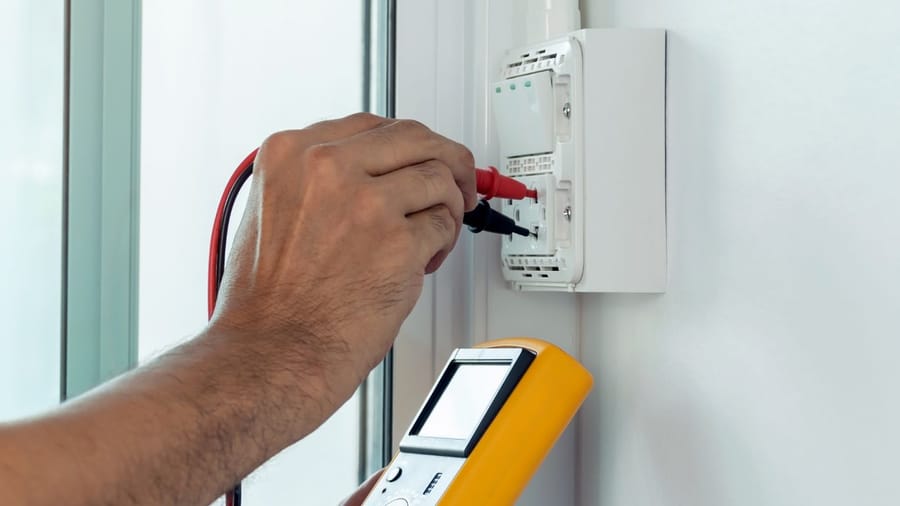
Top 7 Signs Your Fort Worth Home Needs an Electrical Safety Inspection

Preparing Your Electrical System for North Texas Storm Season
